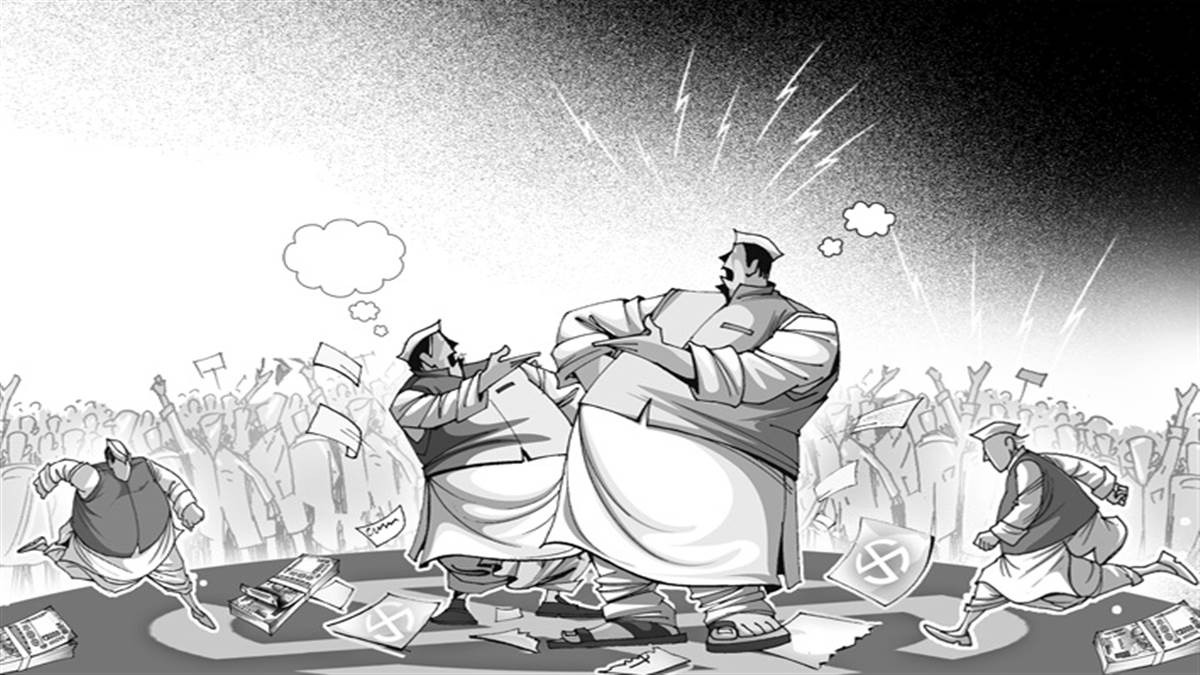India is going to have elections in many states in the next few months. It is time to face the uncomfortable truth. 'Our democracy is as strong as the strong people we elect to power.' This begs the question: Should there be a minimum educational qualification for those who aspire to become the leader of the world's largest democracy?
The answer is definitely yes. For too long we have looked at the right of all to contest elections as a fundamental pillar of Indian democracy and have not given as much importance to the equally important need for good government and good governance. Claiming that minimum educational qualification is undemocratic and illogical is certainly a clever argument to maintain the status quo. There is a difference between a leader and an elected representative.
The leader works at the party level while the elected representative is involved in the law making process. In today's era, competition is increasing day by day. In this world, policy decisions can have far reaching effects. Will we still allow those MPs and MLAs to make laws who do not even meet the standard of basic education.
Critics will point to the corruption of highly educated politicians and MPs, MLAs. They are not wrong but their argument is not sound. Education does not ensure integrity but it is an essential tool for effective government and good governance. An MP or MLA without basic academic skills is like a well-intentioned surgeon without medical training who is doing his job dangerously without the necessary preparation for his work.
In our country, basic qualifications are required for all other professionals like teachers, drivers, engineers, electricians. Why shouldn't this be the case with people who do very important work for the country? It is generally said that setting minimum educational qualifications for public representatives will disenfranchise a large section of the population. This argument is correct but it lacks foresight. Instead of using it as an excuse to maintain the status quo, we should look at it as a need to reform the education system.
 look news india
look news india
